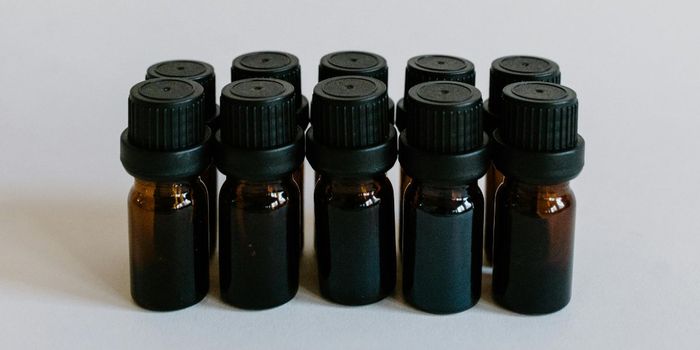Why Cannabis Makes Some Feel Good and Others Paranoid
Whether or not someone enjoys the effects of cannabis tends to depend on how it makes them feel. For example, although for some, the ‘high; feels great, for others, it leads to paranoia- sometimes so intense that it simulates schizophrenia-like symptoms. Until recently, why exactly people feel such different effects associated with its high has been poorly understood.
To understand this, researchers from Western University in Ontario, Canada, conducted an experiment in which they administered tetrahydrocannabinol (THC) to rats. They then recorded their behavioral and electrical responses in a part of the brain called the nucleus accumbens, located in the brain’s frontal region where it is responsible for behavioral patterns linked to reward.
Known for the presence of neurotransmitters dopamine and serotonin, when THC enters the frontal part of this area, the researchers found that it promotes feelings of reward, as well as addictive behaviors similar to those from opioid drugs such as morphine. These feelings tend to simulate a “fun high”. Meanwhile, when THC reaches the back of this part of the brain, the rats tended to become paranoid, and have a generally negative experience.
Although rats of course have different neurobiology to humans, meaning these results may not directly relate to people, they are nevertheless suggestive of why some enjoy the feeling of smoking marijuana, while others become paranoid. Co-author of the research, Christopher Norris said, “Our data indicate that because the reward and aversion are produced by anatomically distinct areas, the different effects between individuals is likely due to genetic variation leading to differential sensitivity of each area."
Meanwhile, Steven R. Laviolette, lead author of the study, said, “Once we figure out what molecular pathways are causing those effects in different areas, then in the longterm we can work on modulating THC formulations so they don’t activate those specific pathways...That’s the really longterm goal of what we’re trying to do here.”
Hoping to soon replicate the study in the human brain, Laviolette and his team nevertheless hope that in the meantime their findings may inform people on how to make informed decisions about using cannabis and related products.









